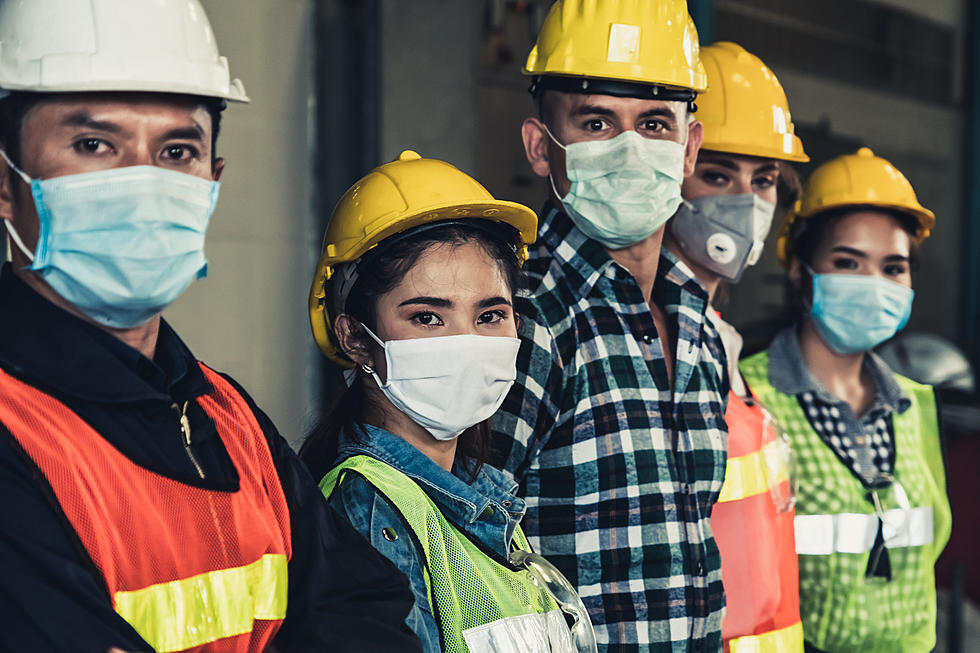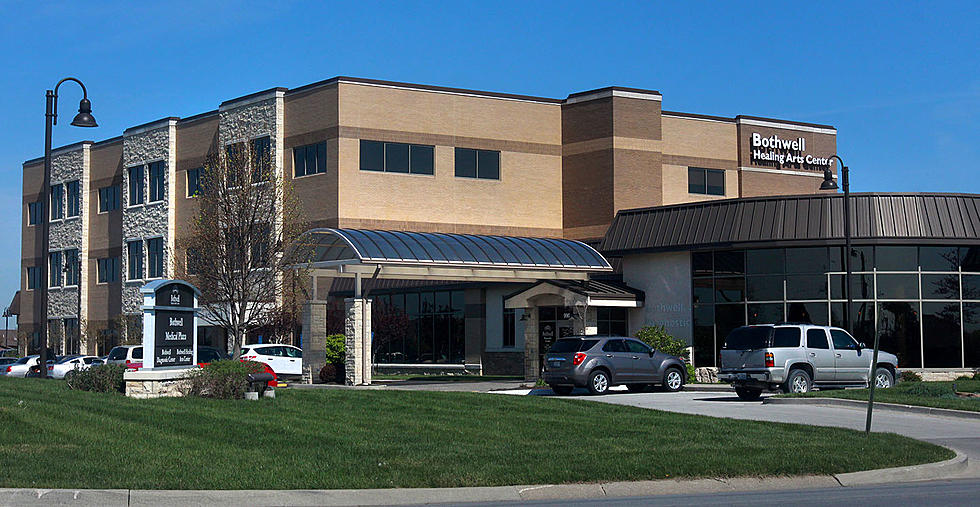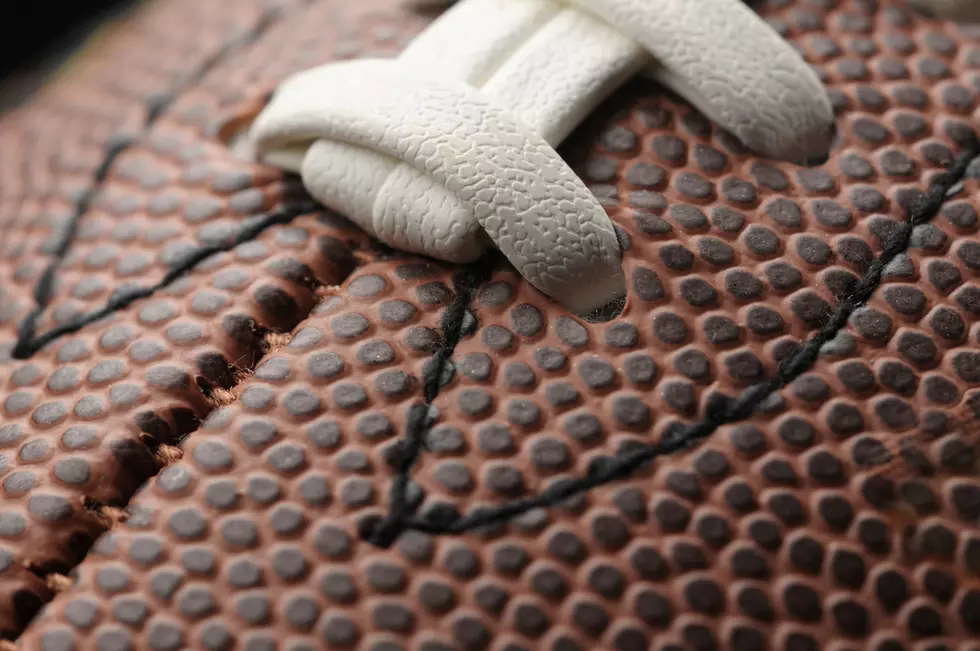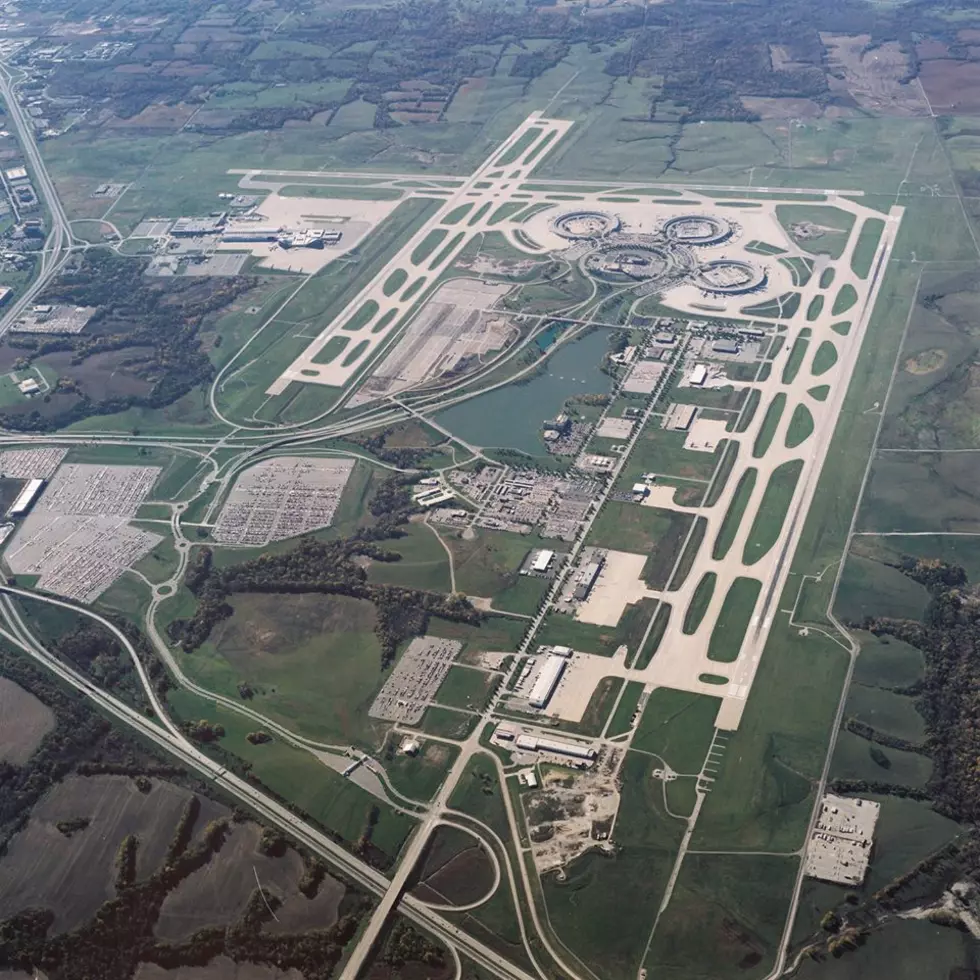
TSA Extends Mask Requirement Until Mid-March
So there is now a new COVID-19 variant called Omicron. It has now been detected in the United States. The Transportation Security Administration has just announced that masks would be required until Mid-March. Masks will continue to be required at "airports, onboard commercial aircraft, over-the-road buses, and on a commuter bus and rail systems."
I suspect for many, we have gotten our vaccinations and are no longer wearing the masks. In my last job, I was pretty diligent about wearing mine when I went from the studio to my office. Until I was fully vaccinated, and even then, I tried to wear it if the business or location required it. It was never a big issue for me.
I flew to Las Vegas in March of this year, and yes, masks are required. Thankfully there were no issues or fights that happened on my flight. I have taken the bus charter from Columbia to Chicago one winter to visit my family when my car wasn't running. If you plan on doing that, or taking the Amtrak from Sedalia to St Louis, yes, you will need to wear a mask.
I certainly realize that this may seem like an overreaction, or a major inconvenience for many. I get it. We shouldn't have to deal with this, especially if we are fully vaccinated, including getting our boosters. But if this is what we need to do, to protect others, even if we believe it is unnecessary, then I am happy to do it. It is not the end of the world. When you sit next to a stranger, you have no idea where they are from, their immune system, or religious and personal beliefs. I prefer to air on the side of caution and there is no need to loose our minds over a piece of cloth. If you don't want to wear one, you can travel a different way. If more people get their shots, this might end quicker. Just don't give a hard time to those who are being asked to enforce these rules.
We can get through this. Just have a mask handy if it is required. Travel safely this holiday season.
Answers to 25 common COVID-19 vaccine questions
More From AM 1050 KSIS








![LAX Shooting — Gunman Opens Fire at L.A. Airport, Kills One TSA Agent [UPDATED]](http://townsquare.media/site/241/files/2013/11/167219387.jpg?w=980&q=75)

